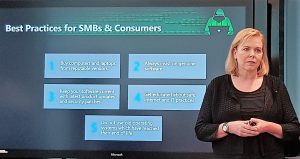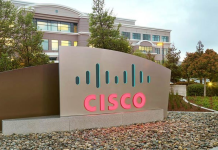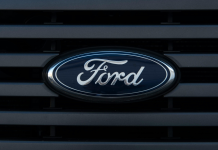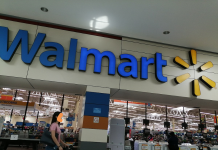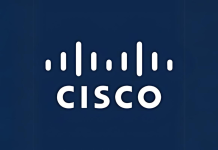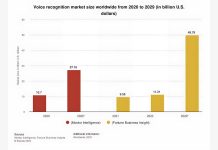Asia has a software piracy problem that Microsoft shone a light on with a recent PC purchasing test across the region.
The Redmond, Washington software giant found that more than four in five or 83% of brand new PCs in targeted countries in Asia came preinstalled with pirated software. The PCs Microsoft tested came from retailers that offer PCs at a steep discount and entice consumers with free software bundles. In a lot of the cases, Microsoft said the retailers also sold pirated software at their store. The software giant found 100% of PCs purchased in South Korea, Malaysia, Vietnam, and Thailand came with pirated software. In India, the rate was 91%, while in Indonesia it was 90%, Taiwan 73%, Singapore 55%, and Philippines 43%, according to news reports.
“Cybercriminals are constantly evolving their techniques to evade security measures, and embedding their malware into pirated software is one of their tactics as it allows them to compromise large numbers of PCs and access vast amount of stolen credentials with ease,” said Mary Jo Schrade, Assistant General Counsel & Regional Director, Digital Crimes Unit, Microsoft Asia in a report announcing the results of the test. Pirated software has long been a problem for Microsoft but with the prevalence of it in Asia, including developed countries, it also puts consumers at risk. According to Schrade, vendors could unwittingly sell pirated software that has malware on their PCs which not only fuels the spread of it throughout the region but also puts the consumer’s personal data and digital identity at risk.
Microsoft’s sweep, which was conducted between May and July, found vendors installing pirated software on new PCs would turn off the security features including anti-virus software and Windows Defender to enable them to run the “hack-tools” necessary to activate the pirated software. That leaves the PC vulnerable to malware and other malicious code. The sweep also found that 84% of the new PCs loaded with pirated software were infected with malware with the most common one being Trojans, which are used by hackers to gain access to the computer remotely.
“Users usually turn to pirated software as they are cheaper. The truth is that the financial costs and risks of using pirated software are often steeper than they can imagine,” said Biplab Sikdar, an associate professor in National University of Singapore’s department of electrical and computer engineering in the press release. “Users need to be more vigilant when purchasing new PCs and should never fall for a bargain that appears too good to be true. The short-term cost savings are insignificant compared to the irrevocable loss of their digital identity and personal data.”
So how can consumers and small businesses protect themselves? According to Microsoft, the first line of defense is to purchase the real software rather than using a pirated copy. That means purchasing their new personal computer from an established retailer and one that doesn’t sell pirated software, to begin with. Users should also keep the software updated with the latest security patches and follow safe practices online. Microsoft tested 166 new PCs from nine markets in Asia including India, Indonesia, Korea, Malaysia, Philippines, Singapore, Taiwan, Thailand, and Vietnam.

